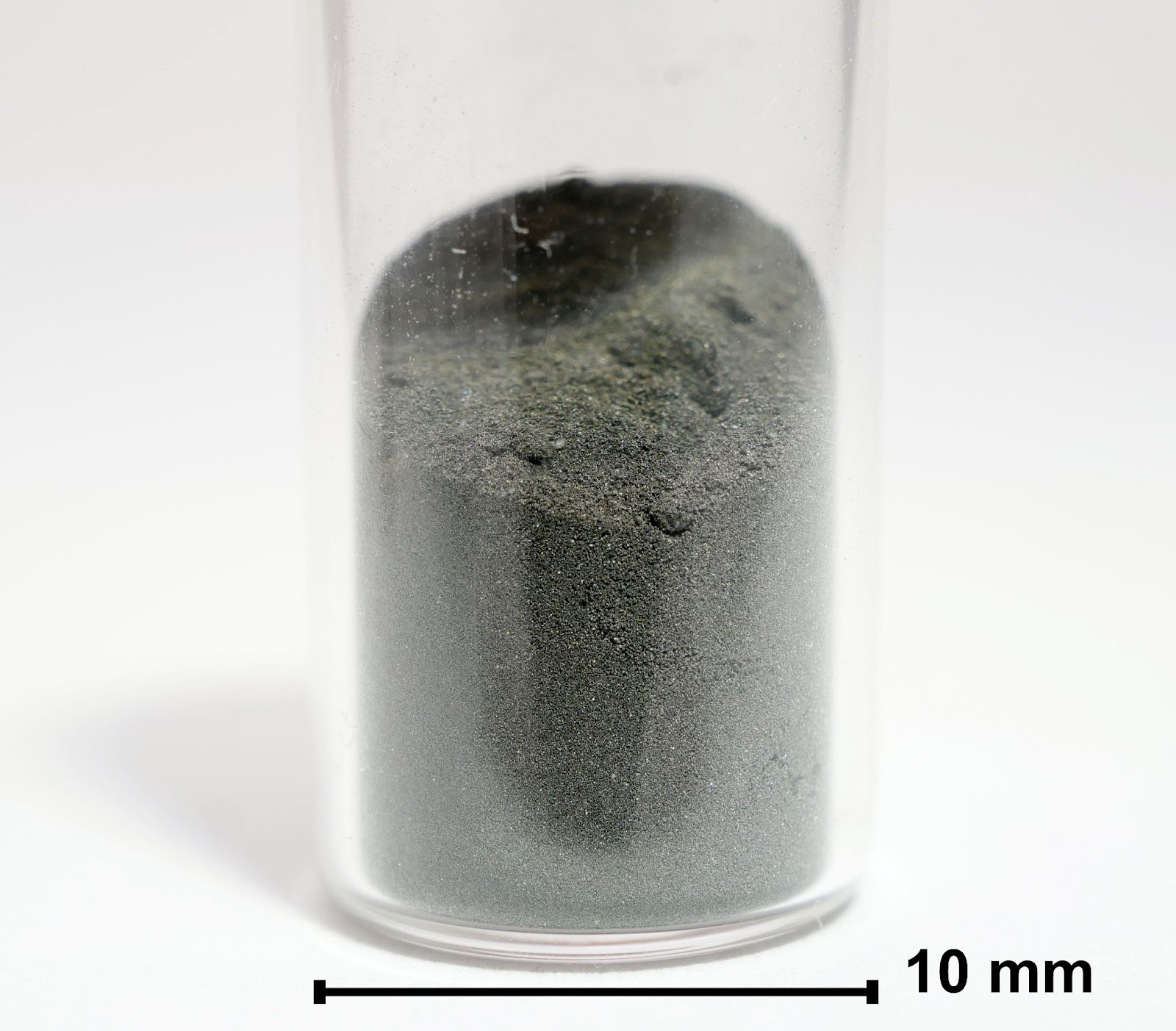
Make sure this is in your medicine cabinet
Story-At-a-Glance
Matt Cook here, and there’s one basic over-the-counter treatment found at any old grocery store…
…that is actually a miracle remedy for so many things!
In fact, it’s the #1 miracle treatment that I recommend all men have on hand.
So do me a favor and check your cupboards — do you have this?
—-Important Message—-
What she really wants and how to give it to her

Some women like it long. Some women like it fat.
Some women like it in the butt…
But one thing women always want?
Is for you to be STIFF. Really stiff.
And if you aren’t… it’s going to suck.
It’s going to suck for her AND for you.
And that’s why all guys need to see this stiffening secret right now…
———-
#1 miracle treatment all men should have at home
Aspirin is something of a miracle treatment.
It’s very effective against many types of infection, and lowers the incidence of cardiovascular and vascular disease.
Aspirin is so useful that millions of people have been given low doses of this treatment.
Aspirin is given to prevent some of the most common chronic diseases – mainly cardiovascular diseases.
Long-term research into the effects of low-dose aspirin and cardiovascular disease found that people taking this treatment had lower rates of cancer.
Other studies found similar things – and there are numerous mechanisms by which aspirin should be expected to lower the risk of cancer.
But many of the studies are long-term – 10 years or more.
Some researchers are skeptical about the shorter-term benefits of aspirin in the prevention of cancer.
So, Canadian researchers analyzed some shorter term studies.
They found that yes, low-dose aspirin is associated with decreased cancer rates and decreased overall death rates in the shorter term.

The analysis of human studies was carried out at the University of Ottawa, in Ontario, Canada. The findings were published in The American Journal of Medicine.
Aspirin, even at low doses, is a miracle treatment.
These days it’s mostly known for its ability to lower the risk of cardiovascular-related diseases.
“Low-dose aspirin is a common strategy for preventing cardiovascular disease and associated mortality.”
There are seemingly endless studies showing that low-dose aspirin is associated with a decreased risk of cancer.
But most of the studies that have been analyzed are in the range of 10 years follow-up or more.
“A recent meta-analysis of eight trials of low-and high-dose aspirin, with long-term follow-up, found important reductions in cancer mortality.”
The research at hand was interested in the effect of low-dose aspirin on mortality over shorter time periods.
“We aimed to determine whether cancer mortality is also reduced by low-dose aspirin in the shorter term.”
The researchers found a number of shorter term studies – high quality human, random controlled trials testing aspirin under various conditions.
All of the studies used low-dose aspirin – meaning 75 to 325mg of aspirin per day.
In total, the researchers had data from over 80,000 people included in all of these trials.
Approximately half were given aspirin.
That data showed a significant reduction in overall deaths in people taking low-dose aspirin.
Of those 80,000 people, 16,000 included evaluation for cancer mortality – death from cancer.
The study found that those who didn’t take aspirin were about 30% more likely to die from cancer.
That was over an average of about 2.8 years follow-up – a much shorter time period than had been analyzed in previous studies.
This research shows that the seeming anti-cancer effect of aspirin does not take 10 years or more to manifest.
“The relative risk of cancer mortality (over 2.8 yr follow-up) was 23% less for those in the low-dose aspirin groups.”
The research did show that the longer people had been taking low-dose aspirin, the greater the anti-cancer effect seemed to be.
Studies demonstrated a more significant treatment effect after approximately four years of follow-up.
The researchers believe that there is enough patient data included in all of these studies to give confidence to their conclusions.
“A sufficient number of patients have been randomised to provide convincing evidence of a preventative role of low-dose aspirin in non-vascular deaths.”
This just a little bit of aspirin daily reduces all-cause deaths and deaths from cancer.
“Non-vascular deaths, including cancer deaths, are reduced with low-dose aspirin.”
For most people, low-dose aspirin comes with a very low risk of side effects.
But aspirin is a blood thinner and people taking warfarin or vitamin E or other blood thinners need to be careful.
Higher doses of aspirin come with greater risk – the risk can be managed with other supplements, but it’s not something to be taken lightly.
—-Important Message for Men Who Take Supplements—-
This simple elemental powder gives men these extraordinary benefits:

- Erases joint pain and arthritis in as little as 3 days
- Raises testosterone levels
- Lowers estrogen levels
- Boosts sex drive — by a lot!
- Increases load size
- Better thyroid function
- Faster, warmer metabolism
Here’s where to get this powerful powder for less than $5
———-

